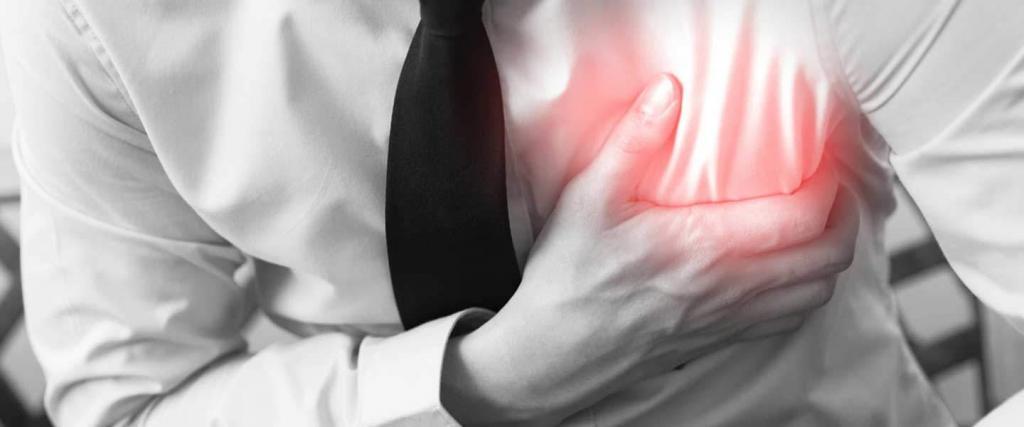Heart attack, which ranks first among the diseases that cause death, occurs as a result of damage to the heart muscle due to sudden blockage of the vessels feeding the heart, that is, the coronary arteries. In this case, blood flow stops, the heart muscle cannot receive the necessary oxygen and nutrition. Therefore, it cannot continue its normal operation.
These blockages in the coronary vessels may result from narrowing as a result of deterioration of the vascular structure, intravascular fatty plaque accumulation and the formation of clots. Especially in cases of complete occlusion, the blocked vein must be intervened immediately. The earlier intervention is made, the less damage the heart will suffer in this process.

Although a heart attack has symptoms such as chest pain, sweating, and shortness of breath, it can sometimes occur without any symptoms. Blockage of these vessels feeding the heart may occur over time due to some diseases or habits. Here, a lifestyle that aims to protect cardiovascular health, from nutrition to sports and exercises, becomes important. However, if there is a genetic heart attack in the family, the person must have the necessary check-ups on time.


